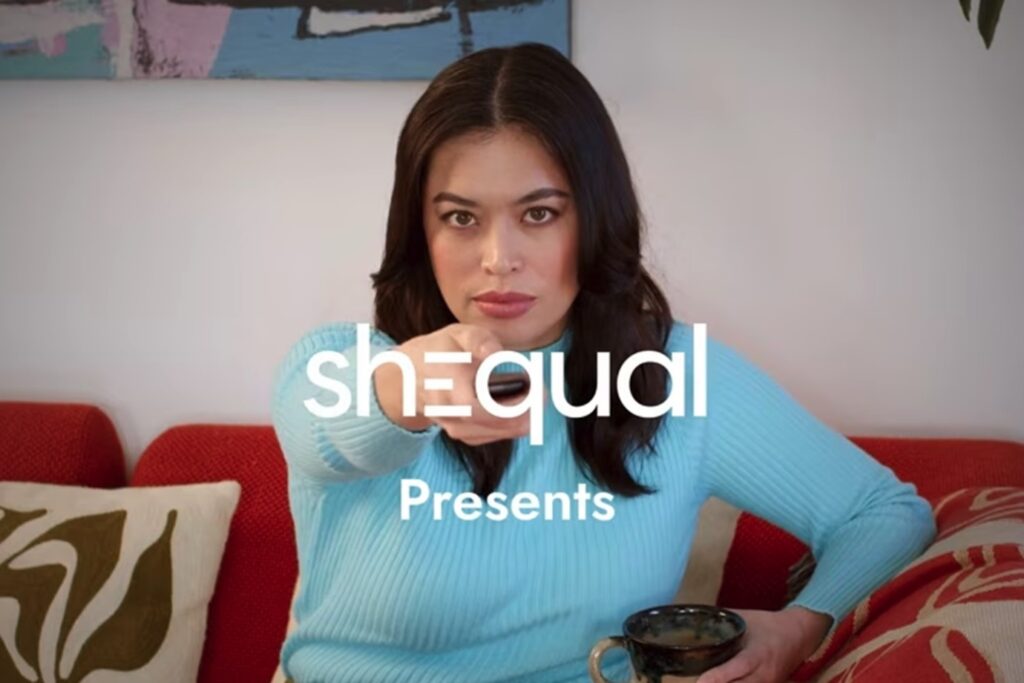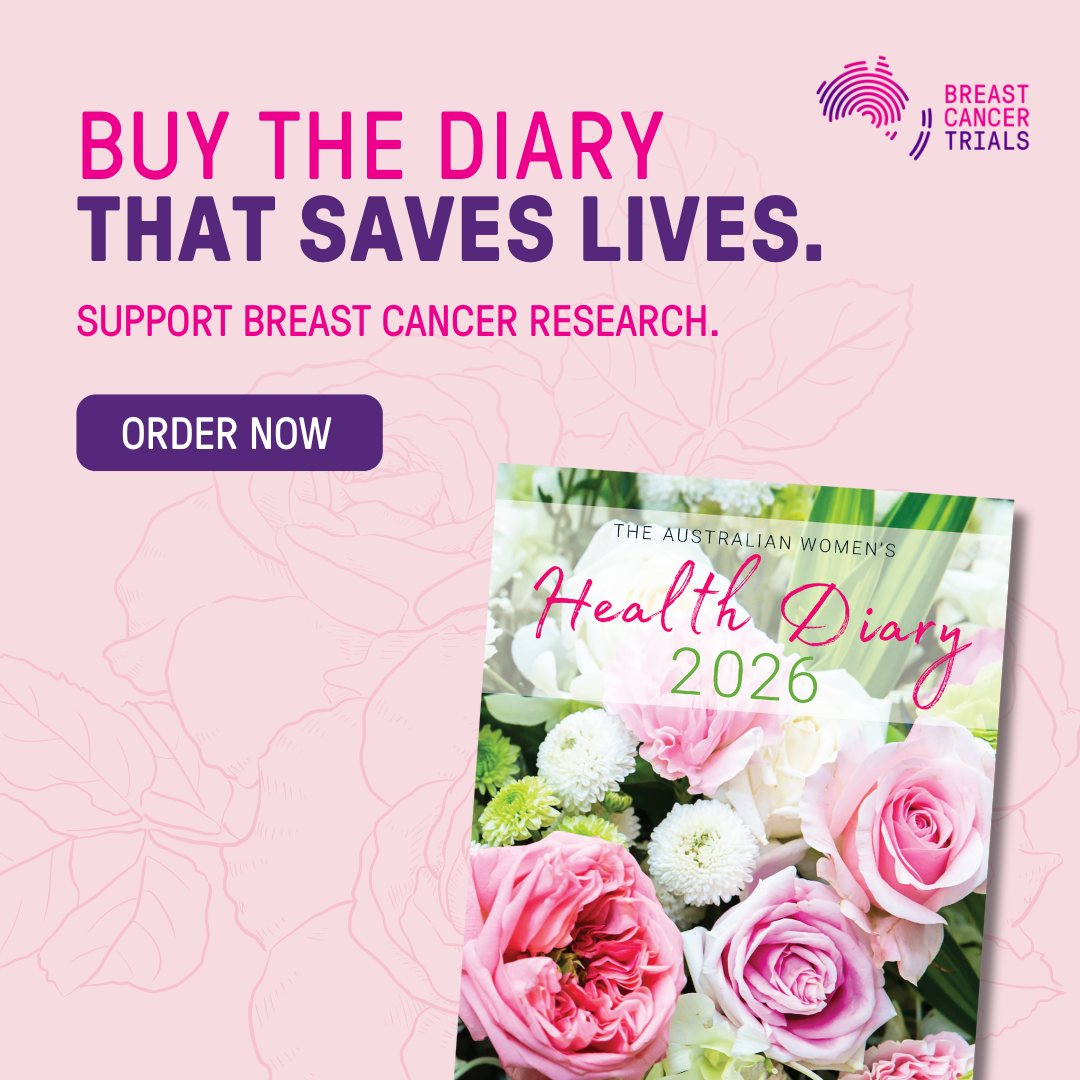Against the backdrop of Australia’s current violence against women crisis, advertising that promotes harmful gender stereotypes continues to be broadcast throughout the country.
Gender stereotypes such as the beer-drinking, sports-betting ‘Aussie Bloke’ stereotype can negatively shape men’s attitudes and behaviours towards women.
A new campaign, ‘Commercial Breakdown’ has launched this week in an effort to shine light on the issue and promote change in Australian ads.
‘Commercial Breakdown’, launched by Women’s Health Victoria’s advertising equality project shEqual, is encouraging families to have conversations about the harmful gender stereotypes they see in ads, giving the next generation the critical ability to reject and challenge these messages.
“The average Australian is exposed to thousands of ads a day, so what happens in those ads matters. That’s because advertising is a powerful multi-billion-dollar industry that exists only to influence us. We want to give people the tools to challenge gender stereotypes and to support brands that promote authentic, respectful, and diverse portrayals of all Australians,” said Lauren Zappa, Manager Gender Equity and Capacity Building, Women’s Health Victoria.
“Most ads still feature young, white, able-bodied, cis-gendered and heterosexual people, leaving many in our community unseen and unrepresented.”
The faces of the campaign are comedians Alex Lee and Lewis Graham who commentate on current Australian ads in a Gogglebox-style video. Their commentary brings to light the way the advertising industry constructs an outdated idea of masculinity, gender and success.
“This is a car ad,” says Graham, reacting to one of the ads aired on Aussie tv in the last 12 months. “The boy is just obsessed with getting out of the house with his dad.”
Lee adds to this explaining: “The boy says ‘I want to go’ and the dad says ‘nah stay at here with mum’.”
“It sort of shows this idea that, [being] away from the home is where the excitement and adventure lies, and when the man is away we [women] are just sort of treading water and waiting,” says Lee.
Reacting to another ad for a beer company, Graham says: “You don’t see beer ads with men like sharing a beer with their women mates, and there are heaps of women that drink beer.”
“The message that’s being put out there is that women and men are not equal; they don’t belong in the same spaces together,” Lee says about the ad, noting that “you can see how that just perpetuates some really really ugly ideas.”
The 2023 Price of Success report shows that 2 in 3 men believe there is a mismatch between how they feel about success and how advertising portrays it. The report says that, for most men, winning isn’t everything, and advertising makes them feel worse about themselves.
For women, research shows they are less likely to be shown in public spaces, in paid employment, as leaders or making decisions about their futures in advertising. This can contribute to perceptions of gendered family roles, driving a disproportionate burden of care for women and girls.
“Gender norms are encoded in TV and film,” says the report, and “often these gender norms promote harmful stereotypes that impede opportunities for children, especially girls, and limit opportunities for women”.


